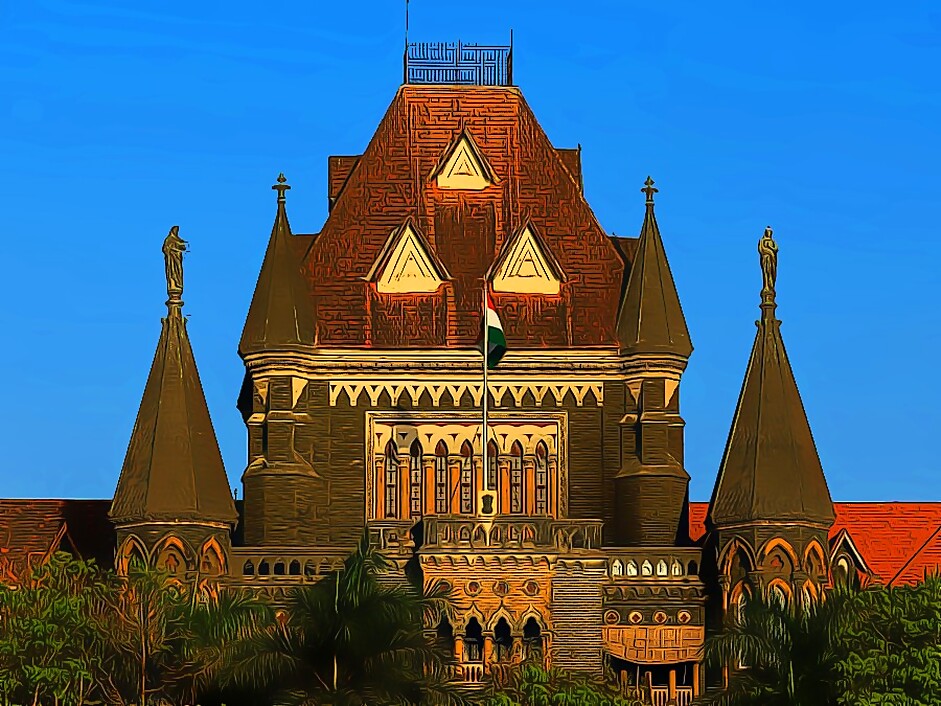In CRIMINAL APPEAL NO. 224 OF 2018-BOM HC- Unless there is proximity in time of last seen and time of death, evidence cannot be taken into consideration to convict accused: Bombay HC Justices Sadhana S. Jadhav & Milind N. Jadhav [10-06-2022]

Read Order: GAUTAM KAMLAKAR PARDESHI AND ORS Vs. THE STATE OF MAHARASHTRA
Mansimran Kaur
Mumbai, June 15,2022: The Bombay High Court has opined that in cases where reliance is placed solely on the last seen theory in order to establish the guilt of the accused, the prosecution in such cases need to show that there is proximity in the time of last seen and the time of death.
While observing that the extra-judicial confession in the present case was weak as there was no material on record to show that it was a voluntary disclosure to its fullest extent, the Division Bench of Justice Sadhna S. Jadhav and Justice Milind N. Jadhav said,“Last seen theory by itself is not sufficient to prove that the accused are the authors of the fatal injuries sustained by the deceased. In fact, the prosecution has to establish the time when the deceased was lastly seen in the company of the accused and the time of death. Unless there is proximity in the time of last seen and the time of death, the evidence cannot be taken into consideration to convict the accused.”
Relevant facts necessary for the adjudication of the present appeal were that on January 4, 2014 at about 7.45 a.m. Joseph Rodrigues went to his agricultural land to water his banana trees through a water pump. At that time, he noticed that a dead body was floating in the well. He apprised his brother of the same and thereafter called the Councilor of the area who passed the information to the police. The seventh witness ultimately narrated the incident to the police and in pursuance of the same, accidental death was registered.
However, after initial inquiry and after recording the statements of the eighth and the ninth prosecution witness, the accused were arrested and charge-sheeted. The entire case of the prosecution was based on the testimony of the third witness.
After hearing the counter submissions of the parties, the Court observed that the evidence in the present case was in the nature of the circumstances of last seen theory and extra judicial confession to the ninth prosecution witness. The prosecution relied upon the evidence of the prosecution witness who were under the influence of alcohol throughout that period and were in the company of the accused when the incident of assault had taken place.
The fact that they had tried to persuade the accused not to assault the deceased was in the nature of a material omission and the said omission was proved in accordance with law. The witnesses were also not in a proper frame of mind even to understand the events which they have seen, the Court noted. In view of the same, the Court held that the extra- judicial confession in the present case was weak. It was further opined by the Court that the prosecution failed to establish that the eighth and the ninth prosecution witness had seen the deceased in the company of the witness. Therefore, again there was no material to show that it was on the basis of their statement that the accused were arrested.
With respect to extra-judicial confession, the Court stated that the same did not inspire confidence as the ninth witness was in the company of the accused on December 31, 2013 as well as January 1 , 2014. Thus there were material infirmities found in the evidence of the aforesaid witnesses and the same did not inspire the confidence of the Court.
In view of the aforesaid observations, the Court opined that the prosecution in the instant case certainly failed to establish the guilt of the accused beyond reasonable doubt. Hence, the criminal appeal was allowed.
Sign up for our weekly newsletter to stay up to date on our product, events featured blog, special offer and all of the exciting things that take place here at Legitquest.




Add a Comment